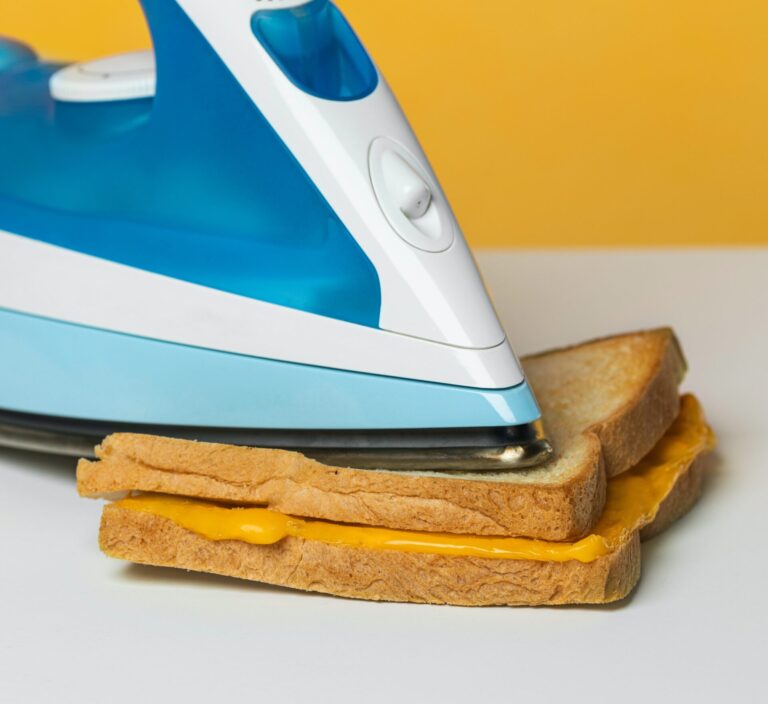1,001 WAYS TO DIE IN YOUR RV- PROPANE TANKS
If someone suggested that you install a propane tank beneath your couch, in your stick and brick home, you would think they were crazy. But, they strap one beneath your RV, and you say, “Yippee! The RV life rocks!”
—REALITY CHECK—
—REALITY CHECK—
Propane is a deadly liquid, which turns to gas, that can injure or kill you in a great many ways, including, but not limited to: asphyxiation, fire, explosion, and frostbite.
ASPHYXIATION- If inhaled, propane gas displaces the oxygen in your lungs and can cause unconsciousness or death. Propane gas settles in low places, so people or animals sleeping in these areas would be the first affected.
A by-product of burning propane is carbon monoxide. People die every year from carbon monoxide poisoning, due to using non-vented or unsafe heating devices. Entire families have been found dead. While propane has a rotten egg smell added to it for detection, carbon monoxide is called the silent killer because it is colorless, odorless, and tasteless. It is impossible to detect without a carbon monoxide detector (and how do you even know if yours will work?).
FIRE- Leaking propane can build up until it reaches an open flame or spark, and crate a sudden explosion of fire. Even flipping a light switch, or static electricity, can ignite the gas. (Read also- RV Fire Safety)
EXPLOSION- Exposing a propane tank to heat or open flame can be very dangerous. At 120 degrees, the propane inside the tank begins to boil and the tank can explode. When I was a kid, my dad drove a propane-powered truck (propane was cheaper than gas, which had skyrocketed from 10 cents to a quarter). The big propane tank sat in the back of the truck, and he always kept it covered with a heavy canvas tarp to protect it from the hot Oklahoma sun, because, you know, it pays to be safe. And we kids always rode in the back of the truck.
FROSTBITE- My dad also had a propane-powered tractor that for some reason, would occasionally become disconnected at the bottle connection. Within the few seconds it took him to turn off the tank, it would create a heavy layer of frost on the top half of the tank. Propane is a liquid that turns to gas by absorbing heat. When you turn on your propane tank, the liquid at the bottom actually boils to create pressurized gas at the top. A sudden discharge of liquid propane, upon your skin, could cause frostbite within seconds. My dad told me horror stories of people who had to have their fingers amputated after freezing them in propane accidents.
COMMON-SENSE PRECAUTIONS:
1. Always keep portable propane bottles in an upright position, even when not in use.
2. Always keep portable propane bottles secured in place, whether mounted on your RV or sitting upon the ground. Routinely check straps and bolts. Some RVers, when placing a propane tank on the ground, set the tank inside a plastic milk crate to help stabilize it.
3. RVers with built-in tanks should routinely check their tanks for rust or damage. Rusted, dented, or bulging tanks should be inspected by a qualified propane technician.
4. Routinely check propane lines. These sometimes run beneath your RV, and could easily become damaged. Sometimes rubber lines are used, particularly during a remodel, and could be damaged by rodents. If your stick and brick home is affected by an earthquake, experts say to turn off gas until the system is inspected, but every time you drive your RV on a bumpy road, you are creating an earthquake.
5. Routinely check exhaust vents. Vents include cooking vents, heater vents, water heater vent, and propane-powered refrigerator vent (what did I miss?). These vents could become stopped up by rodent nests, wasp nests, etc. When I got my RV, the exhaust vents had been plugged with rags to keep out cold air.
6. Never try to bypass the tank regulator.
7. Never drive with your propane tanks turned on. I know, many RVers consider this an acceptable risk, much like smoking, camping in bear country, and forgetting your anniversary.
8. Always have and maintain a propane leak detector, carbon monoxide detector, smoke detector, and fire extinguisher (located in proper locations). But, never put complete trust in them, because sometimes they don’t work, and sometimes they aren’t installed in the proper locations. We once had an accidental propane leak (we smelled gas and our eyes began to burn), but the alarm remained silent. I have tried a few times to deliberately set off a few different propane leak detectors (all brand new), but have never been successful.
9. If you smell gas, immediately extinguish any flame, turn off the propane, and leave the area until the gas dissipates.
10. Never store a propane tank inside your RV.
11. Keep propane tanks away from heat and open flame. Don’t leave portable tanks sitting in the sun.
12. Only use propane heaters in your RV, that are designed for RVs.
13. Don’t do stupid.
Stay safe.







